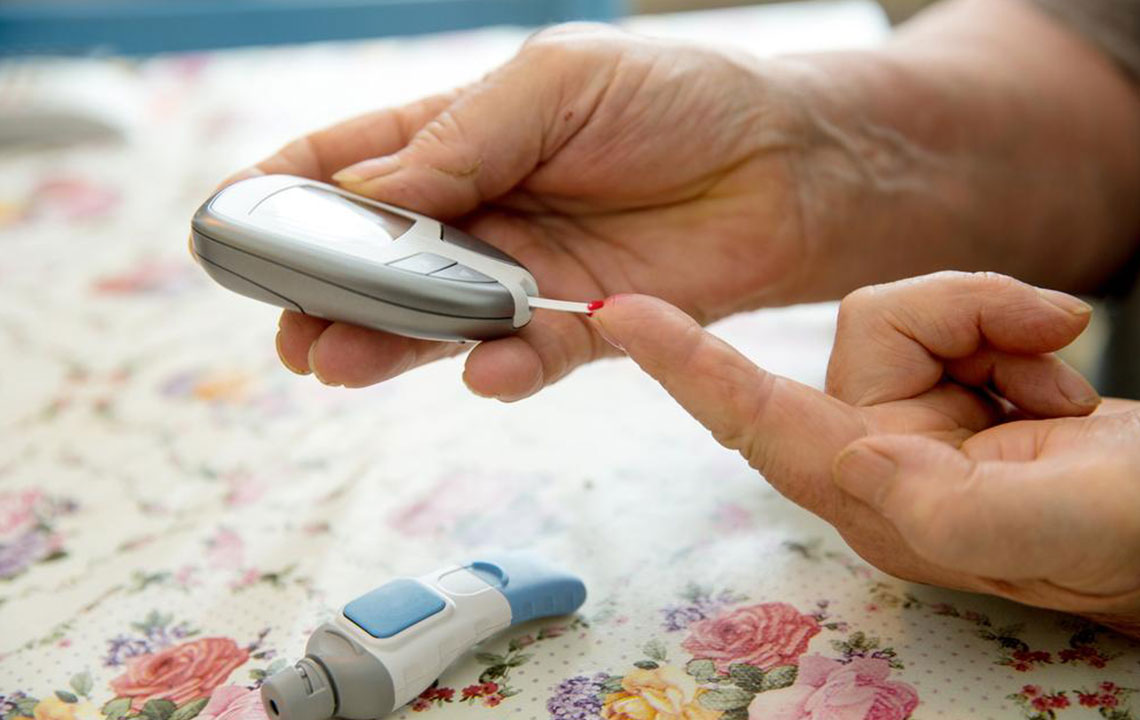Understanding Key Aspects of Type 2 Diabetes: What You Need to Know
This article offers a comprehensive overview of type 2 diabetes, covering its causes, symptoms, potential complications, and the latest management and treatment strategies. Emphasis is placed on lifestyle interventions and technological advances like insulin devices and continuous glucose monitors that improve disease control. Raising awareness about early detection and ongoing research highlights the importance of proactive health management to prevent serious health issues associated with the condition.
Understanding Key Aspects of Type 2 Diabetes: What You Need to Know
Type 2 diabetes is a long-term health condition where the body struggles to control blood sugar levels. This can cause blood sugar to rise or fall outside normal ranges, resulting in symptoms like frequent urination, vision issues, and slow-healing wounds. The condition affects both children and adults and is primarily caused by insulin resistance, often linked to poor diet, inactivity, genetics, and aging. While there's no cure, modern treatments focus on managing blood sugar and preventing complications such as nerve damage, cardiovascular issues, or kidney disease.
What causes type 2 diabetes?
It occurs when the pancreas produces insulin, but the body cannot effectively use it, leading to insulin resistance. This results in elevated blood sugar levels. Factors like unhealthy lifestyle choices, genetics, and older age increase risk. Gestational diabetes can also develop during pregnancy, temporarily raising blood sugar and increasing future risk for type 2 diabetes. Proper management and monitoring are essential to keep the condition under control.

Impacts of the disease
Untreated diabetes can lead to serious health problems, including vision loss, nerve injury, infections, and impotence. It also significantly increases the risk of heart disease, stroke, hypertension, and kidney issues. Recognizing symptoms early and maintaining an active lifestyle with a balanced diet can help prevent or delay the onset of complications. Awareness and early intervention are vital for improved quality of life.
Available treatment options
Though there is no cure, managing blood sugar through medication, lifestyle modifications, and diet is crucial. Oral medications are typically the first approach, with insulin therapy added if needed. Modern insulin devices like pens, pumps, and inhalers facilitate easier management at home. Lifestyle changes, such as regular exercise and a low-carb diet, can often control the condition effectively, reducing reliance on medication or insulin.
Emerging treatments and technological advancements
Research is ongoing to discover better treatments for type 2 diabetes. Recent innovations include smarter insulin delivery devices, such as pens that monitor doses and connect to smartphones. Continuous glucose monitors (CGMs), which track blood sugar levels non-invasively, provide real-time data and alerts. Some advanced systems even automate insulin delivery, greatly improving disease management.










